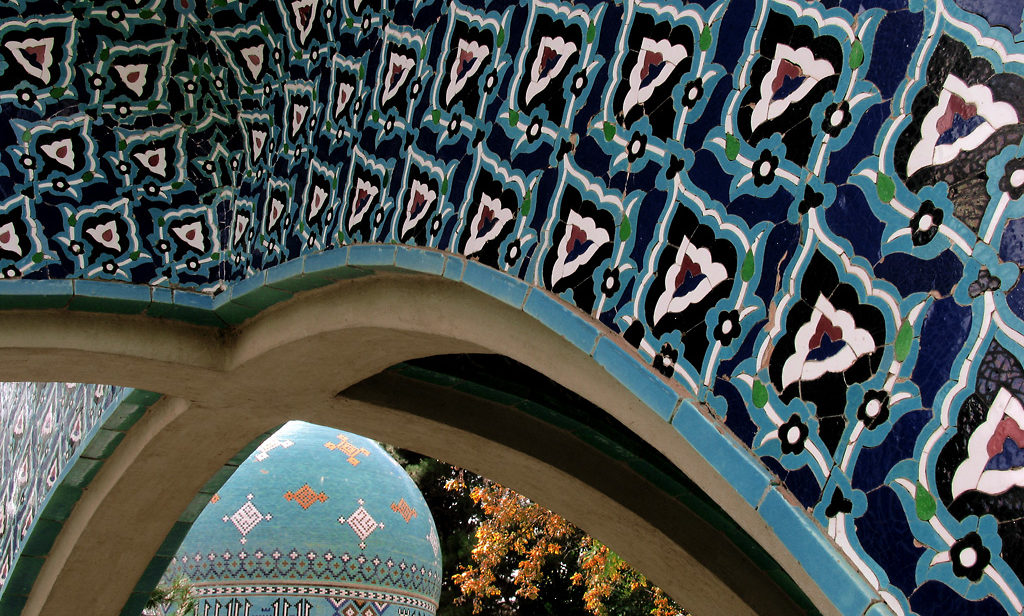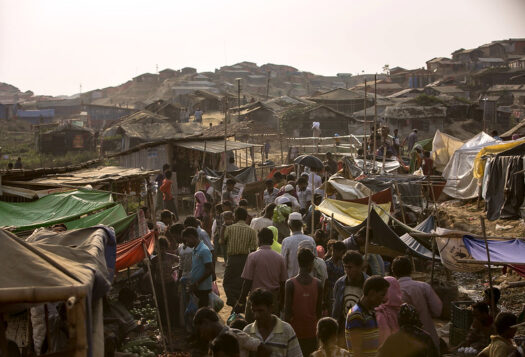
One of the fundamental tenets of Sufism is Ihsan or “perfection of worship.” The reparation of the heart to turn itself away from everything besides the Divine along with stressing on the perfection of character, abstinence, repentance, and empathy are also core principles. In both India and Pakistan, those who follow or borrow esoteric practices of Sufism which are not limited to any religion, such as the advocacy of peaceful coexistence and tolerance, are plenty. Individuals and groups have the potential to instigate change in societies which often deprive them of a proper platform.
The truth is that while both India and Pakistan continue to grapple with intolerance, examples of harmony and sanity exist, but are not quoted as often. There are moderate voices who maybe small in number, but have sought to diffuse tensions through reasoning and rationality. Sadhus of Ayodhya condemning the Dadri Lynching incident as well as a landmark decision against a cleric who gunned down a governor made by the Supreme Court in Pakistan are recent examples of these moderate voices. Yet, such examples lie on the fringes, given that they may not result in similar public outcries, television rating points (TRPs), and above all, profits for media outlets on a mission to mold public opinion.
The truth is that both countries are strange, dynamic, and fascinating places, where traditions of tolerance and moderation have continued unabated despite events aimed at polarizing communities. Moderate voices and stories of tolerance, tales, and events mark a massive retreat from the standard narratives provided by politicians, bureaucracies, and pseudo- clerics, who appeal to sensitive subjects such as religion to try and consolidate their power. Yet, they fail in alleviating key issues such as poverty and injustice. Being held hostage to narratives which divert from more salient problems such as the right to justice, provision of electricity, clean drinking water and above all, the right to live as respected citizens regardless of caste, creed, or religion is a frightening overtone.
Beneath this veneer of intolerance, terrorism, and hate mongering are students, members of the civil society as well as writers and scholars who acknowledge the hypocrisy which exists in societies on either side of the border. Crying out Hindutva yet failing to address destitution on the streets of Mumbai and crying out Sharia yet failing to question why a child cannot gain access to education in Islamabad for free if he or she hails from an underprivileged background are examples of hypocrisies which exist and deserve to be questioned. If critical thinking, regardless of where it originates from, is provided with the right platform, then it is quite possible to silence voices that threaten how perceptions should be managed.
For Pakistanis at least, silencing empathy erodes the very fabric and grandiose examples of the Indus Valley Civilization along with the rich Sufi traditions which have produced Nusrat Fateh Ali Khans. For Indians, parroting Shiv Sena’s antics or even the deafening silence of the current Indian Prime Minister over issues relating to intolerance erodes the secular fabric which Mahatma Gandhi espoused and also weakens the advocacy of amazing thinkers, intellectuals, and policymakers that India has produced.
The key towards ensuring that radicalism on both sides of the border is capped is to ensure that more examples of tolerance are quoted amid periodic bursts of violence of political innuendos. The hate-mongering may not decline, but if Indians and Pakistanis begin the process of introspection and perfection of one’s character through sound critical thinking which comes from education, regardless of whether we are Sufis or not, a lot can be achieved.
Personally, there is no harm in cloaking oneself with one of the many shades of grey, which does exist on both sides of the border. For are we really born to hate? And if not, then lets acknowledge that there are certainly Macbeths lurking around with ambitions which couldn’t be more divorced from what it actually means to be human, let alone Indians or Pakistanis.
***
Image: Horizon, Flickr


